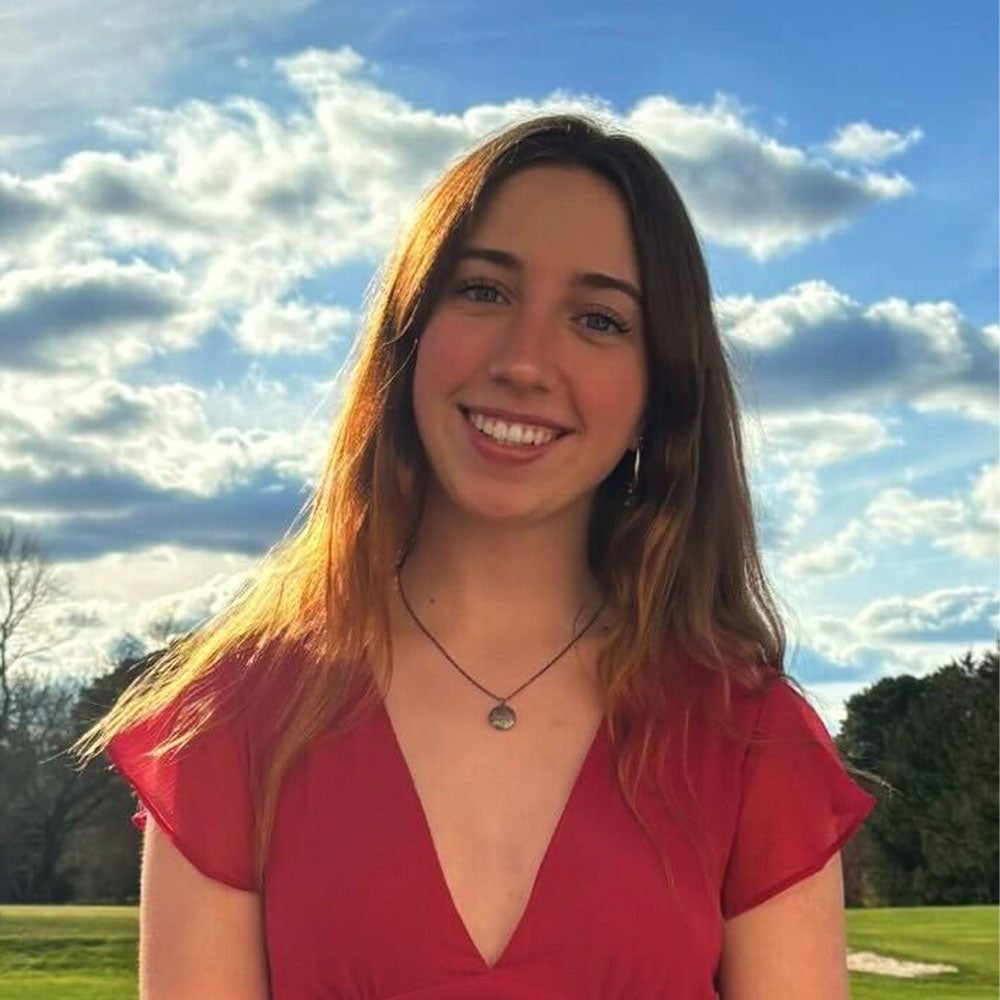Stefanie Vining will relocate to Bordeaux, France, after receiving an offer to remain at Unither Pharmaceuticals full-time, where she interned through the IEP Program.
Growing up, Stefanie Vining was always immersed in French culture due to her familial ties. Though her academic interests lay in engineering, she always knew she wanted to better her understanding of the language. It wasn’t until she discovered URI’s International Engineering Program (IEP) that she was able to pursue both.
“It’s kind of hard to find a program that makes it possible to study abroad while doing engineering,” Vining said. “So I heard about the French IEP program, did a little more research, and actually visited.”
During her visit to the department, she was able to tour the IEP house, meet students involved in the program and shadow French IEP director, Lars Erickson, during one of his classes.
It was difficult for Vining to practice both studies because of the rigorous curriculum as an engineering student. Even through a similar program, like studying abroad, there would not have been an equal possibility to combine both interests.
“Engineering is a very, very strict curriculum,” Vining said. “You know from the moment that you choose engineering what classes you’re going to take, which year, there’s not really any wiggle room.”
However, Vining found a way to combine her passions that would not derail her academic timeline. During her senior year, she studied at the Université de Technologie de Compiègne in Compiègne, France. She spent an entire year in the region, where she completed six months of studies at the university and a six-month internship as a business developer at Unither Pharmaceuticals, global CDMO for pharmaceuticals in Bordeaux.
In her role at Unither Pharmaceuticals, Vining assessed new potential collaborations. As clients approached with a proposition or interest in Unither’s services, she and her team would evaluate the opportunity and compatibility with the company. When starting with the company, they had expressed a potential interest for the future if the internship were to go well. The Global Ophthalmic Team was very supportive to work out a formal offer for a full-time position.
The intern experience was the driving force behind Vining’s practice of the French language as opposed to her studies. Housing for the program is designed for international students, whose most commonly spoken language was English. It was working in an environment that only utilized French that helped her lean into the fluidity of the language.
Beyond the language barrier, moving from a small Rhode Island town to a French city came with its own set of adjustments. Similar to most U.S. cities, Vining relied on public transportation and walking to get around. France also had more specialty shops, such as patisseries (bakeries), fromageries (cheese shops), and rôtisseries (chicken shops).
“It’s just really nice having access to more things,” Vining said. “Also not having the reliance on a car is really nice and being able to walk everywhere.”
Being open to everything is key when studying abroad, according to Vining. Putting yourself out there, even if it’s awkward, will get you far.
“Don’t feel awkward about it, because I guarantee, everyone’s open to being your friend and wanting to be your friend,” Vining said. “So just go to those events. Even if you’re going by yourself for the first time, just go, it’ll all work out.”
During her time at URI, Vining was involved in multiple intramural sports and three engineering clubs. She served as a mentor in the Women in Engineering Mentor Program, and was an active member of the Society of Women Engineers (SWE) and the American Institute of Chemical Engineers (AIChE). She was also a member of the ski team and participated in basketball and football, which she continued at the Université de Technologie de Compiègne.
This story was written by Erin Malinn, class of 2028.

